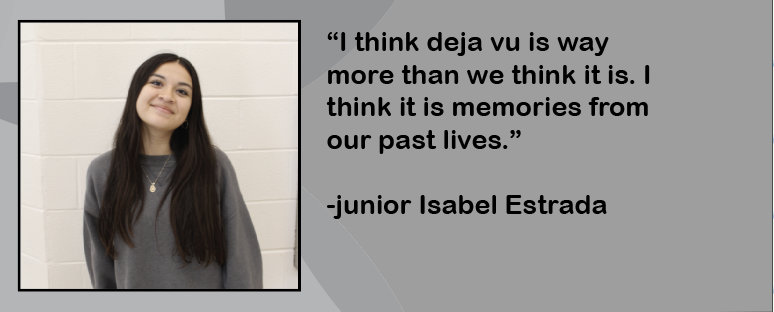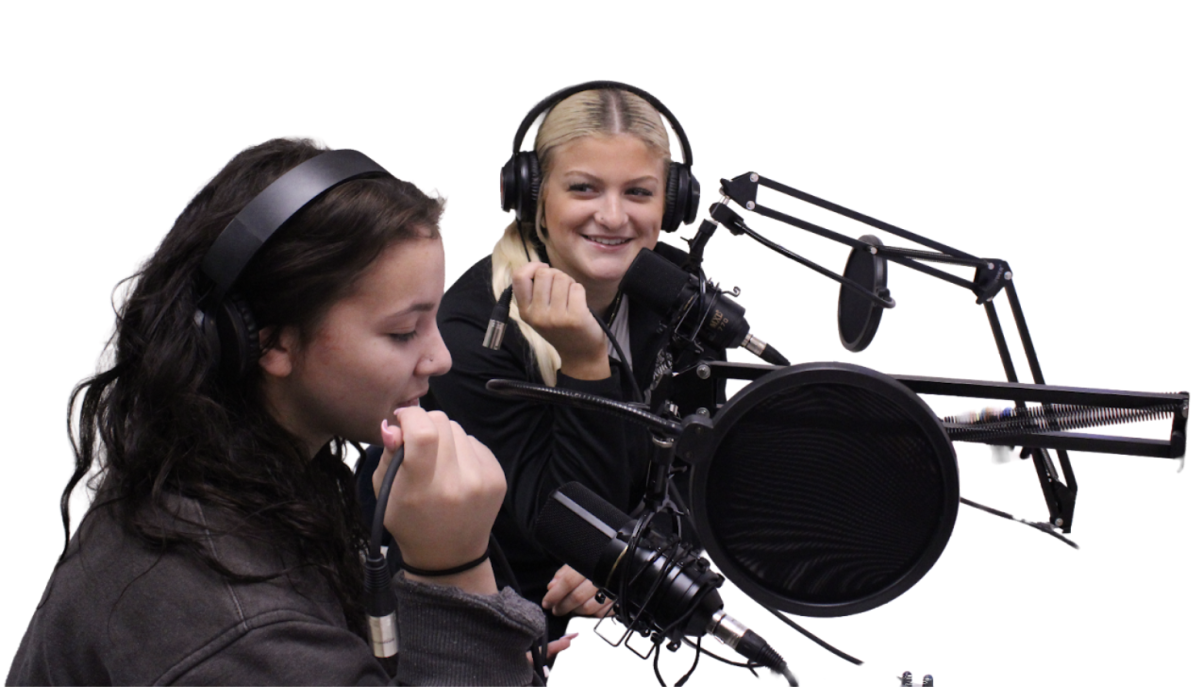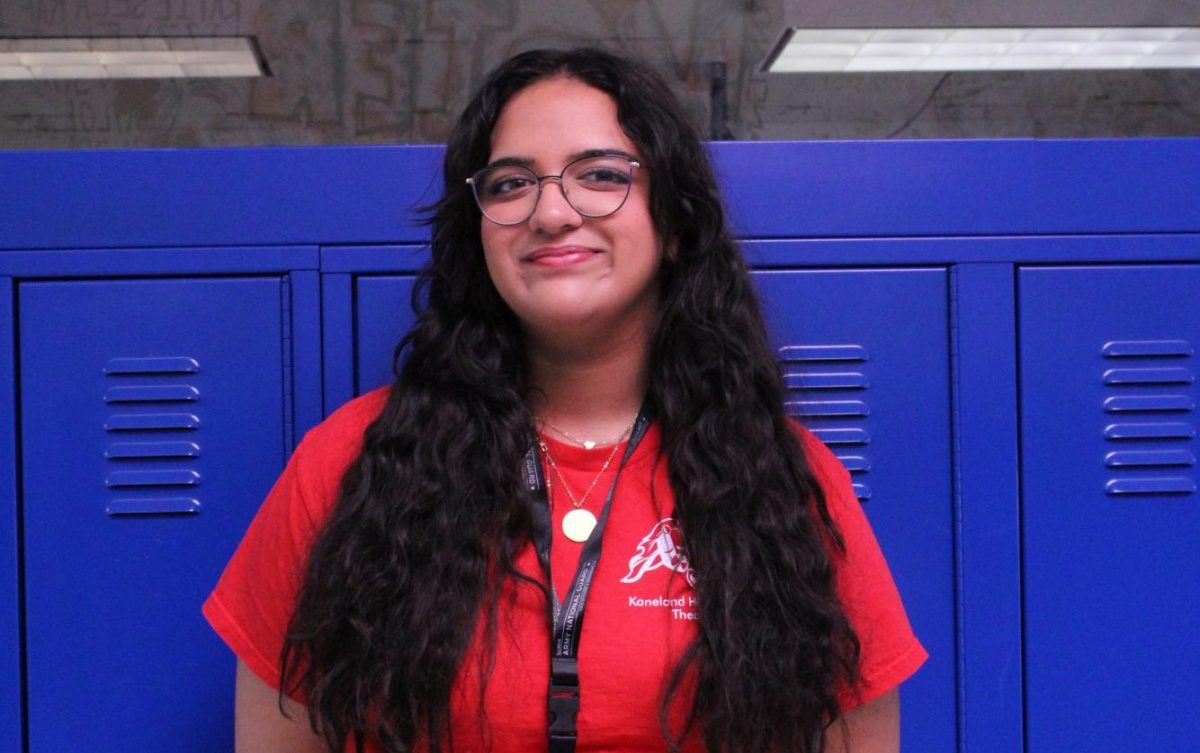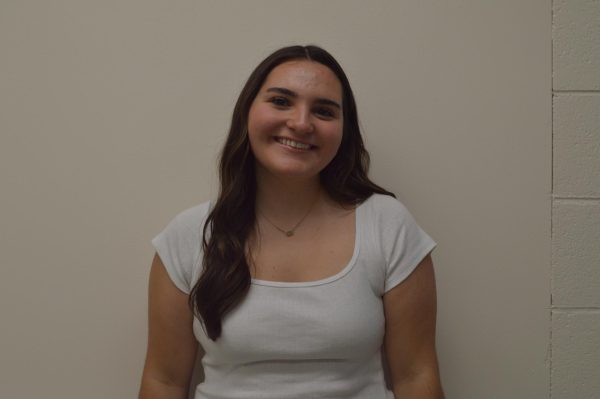As a kid, my best friend’s mom always told us, “You don’t have to like everyone, but you should always be kind.” This advice stuck with me and became a reminder I continue to tell myself into my teen years.
When you are navigating life, there are certainly going to be people that your personality doesn’t connect with. Figuring out the type of people you want to surround yourself with is just a part of life that everybody goes through. However, when we interact with people we don’t connect with, specifically in high school, it’s important to treat them with as much kindness and respect as you give everybody else.
Kindness isn’t about being friends with everyone; it’s about having respect and empathy in every interaction.
“Words have a lot of impact on people, and they can either build someone up or tear them down,” senior Kati Reinert said. “During high school, a lot of people are just figuring out who they are, so it’s important that we accept everyone.”
Social worker Calista Sarabia often mentions this idea of acceptance when helping students talk through their feelings and experiences.
“A lot of the time [with] teenagers, it’s the immediate thought that comes in [their] brain,” Sarabia said. “It’s like you want to say it. It’s the same thing with adults, but adults can reflect on it a little bit more and realize it in a quicker way.”
Students will often notice a shift in thought and tone too. Sophomore Caden Rosinski points out that the way you talk can be influenced by whom you’re talking to.
“[Because] you’re closer with your friends, you talk to them in a friendly way,” Rosinski said. “You talk to people differently because you know them. You know your friends [better] than just someone in your class that you sit next to.”
Kindness does not have to be complicated. It can mean having respect for the simple things or looking at the bigger picture in somebody else’s life. In recent years, political and moral discourse has shown us how quickly simple disagreements can turn into division.
Even though students come from different backgrounds and have different morals, they can still approach disagreements with an empathic mindset. Choosing to be kind doesn’t have to mean changing your own values. It can mean acknowledging others while staying true to your own opinion.
“I might disagree with someone, but I’m not mean about it,” Rosinski said. “I don’t want to hurt their feelings even though that’s just not how I feel.”
Whether we like it or not, the words we choose to say will most likely resonate with people. For some, that could mean negative consequences, but for others even positive comments can have a lasting impact.
“In my notes app, I have compliments that stick with me that I write down,” Reinert said. “We went to this dance camp and we would get feedback on our dances, and I just remember the leaders saying that I was a star and very fun to watch.”
Even small gestures can leave a lasting impact on a person. Simple acts, like giving a compliment or noticing something kind about someone, can brighten their day and make them feel better about themselves.
“We should just try and do one good thing a day for someone,” Rosinski said. “If it’s just saying their hair looks good or you like their outfit, that can lighten up their mood if they’re having a bad day, and it creates a stronger community between everyone.”
By paying attention to how we treat others and practicing small acts of kindness each day, we can help build stronger connections and a more understanding community for everyone.
The words of my friend’s mom still stick with me, as she always emphasized that empathy matters even when getting along with someone isn’t easy. The advice she gave is just as important now as it was then.
Whether in school hallways, classrooms or in larger debates outside of school, choosing respect and empathy can leave a lasting impact.
“We [all] have our own internal views of ourselves,” Sarabia said. “Whether they [are] good or bad, the things people say can either heighten those things in a bad way or a good way.”









